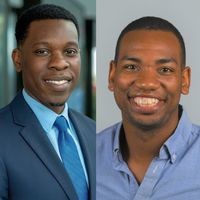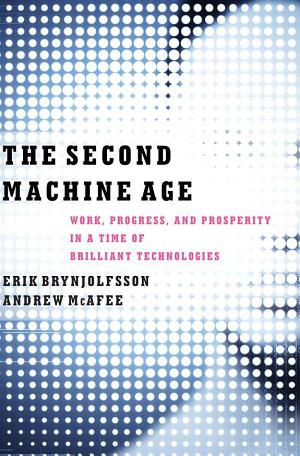Stephanie Clifford is an investigative journalist and novelist who has written for The New York Times, The New Yorker, The Atlantic, and many other publications. Her most recent article is "The Journalist and the Pharma Bro."
“I think your job as a journalist—particularly with people who are in vulnerable situations or people who are not used to press—is to explain what the fallout might be."
Thanks to Mailchimp for sponsoring this week's episode.







 We reprinted this article on Longform to help raise money for the Matthew Power Literary Reporting Award, which in our friend Matt's memory will fund promising young writers to bring forward unreported stories of importance from overlooked corners of the world.
We reprinted this article on Longform to help raise money for the Matthew Power Literary Reporting Award, which in our friend Matt's memory will fund promising young writers to bring forward unreported stories of importance from overlooked corners of the world. 

